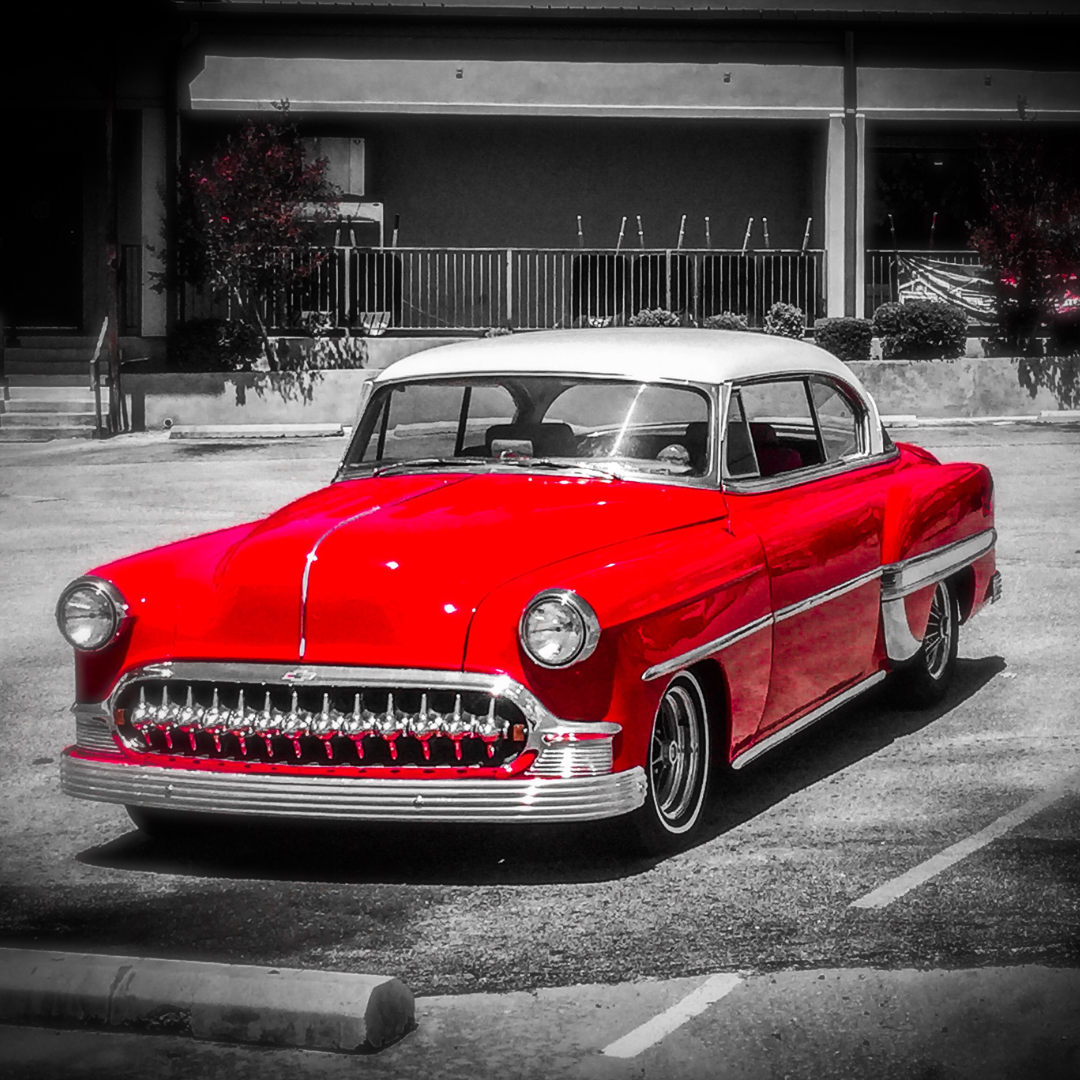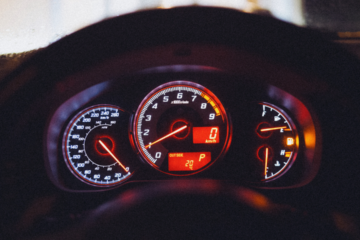Classic Cars: A Guide to Collectible Automobiles

Fellow car enthusiasts are on the prowl for a method to give our garage a touch of classic. We’re in luck – in this blog post, we’ll explore a comprehensive guide to collecting classic cars, from what makes them so special to how we can find the perfect one. Read on and learn everything we need to know about collectible automobiles!
The Exclusive Classic Car Market
The classic car market is booming, with collectors and enthusiasts vying for the best vehicles. The most popular classics are typically American or European-made, with iconic models like the Ford Mustang and Porsche 911 being among the most sought-after. However, there is a growing market for Japanese classics, with models like the Toyota 2000GT and Nissan Skyline becoming increasingly popular.
The classic car market can be tricky to navigate, as prices vary greatly depending on several factors. The condition of the vehicle, its rarity, and its desirability all play a role in setting the price. It’s essential to research before making any purchase, as we want to avoid overpaying for a vehicle that isn’t worth it.
There are several ways to buy classic cars, whether through private sales, dealerships, or auctions. Each has pros and cons, so weighing our options before deciding is essential. Private deals are cheaper, but there are fewer protections if something needs to be fixed. Dealerships provide more protection but typically charge more for their vehicles. Auctions can be a great way to find good deals, but we must be prepared to spend some time bidding on cars.
Whatever route we decide to go, the classic car market can be a great way to get our hands on an iconic piece of automotive history. We can find the perfect classic for our collection with careful research and patience.
Factors that Determine a Classic Car’s Value
Several factors contribute to a classic car’s value. The most crucial factor is the car’s condition. A classic car in excellent condition will be worth more than one in poor condition. Other important factors include the car’s age, rarity, and demand. The age of a classic car is essential because it determines how well the car has held up over time. A classic car that is 50 years old is more valuable than one that is only 30 years old. Rarity is another essential factor in determining a classic car’s value. A rare car will be worth more than a common one. The demand for a specific type of classic car can also affect its value.
That being said, classic car owners should ensure that their vehicles undergo regular maintenance and upkeep to preserve their value. Maintaining the original color of these classics is key. One way to protect the car’s paint from scratches, UV rays, and other damaging elements is by applying a protective barrier. This can be arranged by reaching out to a company that often specializes in paint protection. A simple online search for “Orlando XPEL Paint Protection Near Me” can connect car owners with the right professionals. Additionally, owners could explore the option of vehicle wraps to enhance the car’s aesthetics and increase its overall value.
Also, regular servicing, proper storage, and careful handling can all contribute to maintaining the car’s condition and, consequently, its worth. Furthermore, given their high value, classic cars can also be at a higher risk for theft. In such cases, if the car owner has a broken garage door, then they should look for a firm that offers Garage Door Service in their neighborhood to get that fixed. This way, they can ensure that their classic car is safely stored and protected, minimizing the risk of theft or damage. Additionally, investing in comprehensive insurance coverage tailored specifically for classic cars can provide added peace of mind and financial security.
Participating in Classic Car Shows and Events
As a classic car enthusiast, then participating in classic car shows and events is a great way to show off our prized possession and meet like-minded people. There are typically two types of classic car shows: judged and non-judged. Judged shows are usually more formal, with entrants competing for trophies or prizes. Non-judged shows are more relaxed and often have a theme or focus.
There’s probably a classic car show just a short distance from our home. When choosing which show to participate in, remember that some require advance registration while others are first-come, first-serve. Once we’ve found the perfect show for our schedule and car, it’s time to start preparing! If the car show is judged, it’s best to ensure our car is clean inside and out. Judges will often look under the hood, in the trunk, and at the exterior paint job and interior upholstery. We cannot make the rookie mistake of overlooking the number plate of our car. If it looks rusty and old, it might be in our best interest to get a new one. Buy car number plates that are custom-made or with a vintage aesthetic to compliment the beauty of the classic car. Those having trouble getting ready for the show, could ask fellow enthusiasts or consult a professional detailer if they need help getting the car ready for competition.
Building and Managing a Classic Car Collection
There are many reasons to start a classic car collection. Perhaps we’ve always dreamed of owning a specific model, or we want to invest in a hobby that will appreciate over time. Whatever our motivation, building and managing a classic car collection can be a rewarding experience. Consider what we want our collection to achieve: showcasing a specific era of automotive history or highlighting a particular marque. Once we know the direction, we can start scouring online listings and attending classic car auctions to find the right cars for our budget and taste.
Once we begin accumulating vehicles, it is important to establish a storage and maintenance plan. If we have a garage at home, that’s excellent as it can serve as an ideal space to house the car collection. Beyond taking care of the vehicles, it’s equally important to clean and maintain the garage itself at least once every three months by relying on local handyman services in Raleigh (assuming this to be the living area). Keeping our garage clean is crucial to prevent dust and debris buildup, which could otherwise harm our cars’ exterior and engine. Additionally, it can also add a touch of beauty and elegance to the space, complementing the classic car collection.
Nevertheless, if we don’t have enough space to keep all our cars at home, consider renting a storage unit or using a classic car storage facility to handle our valuable vehicles’ climate control and security needs. For added convenience and security, consider a regular Garage Door Tune Up to ensure the proper functioning of the storage space, providing an additional layer of protection for our cherished vehicles. Plus, developing a consistent maintenance schedule is essential for preserving the overall condition and value of our car collection.
Consider exhibiting our cars at local shows or starting our classic car club as our collection grows. This is a great way to meet like-minded enthusiasts and increase the value of our cars by sharing them with others. Building and managing a classic car collection can be a rewarding and enjoyable experience. Just be sure to research, plan, and stick to our budget. With the proper care and dedication, we can have a stunning collection that will bring us joy for years.
Start Collecting Classic Cars Today
Collecting classic cars can be a great way to invest in an asset that continues to appreciate over time. Whether we are looking for a vehicle with historical significance or unique features, there is something out there for everyone. With our guide, we should feel more confident about navigating the world of collectible automobiles and ensuring our investment pays off. Best of luck to us on our collecting adventure!



0 Comments